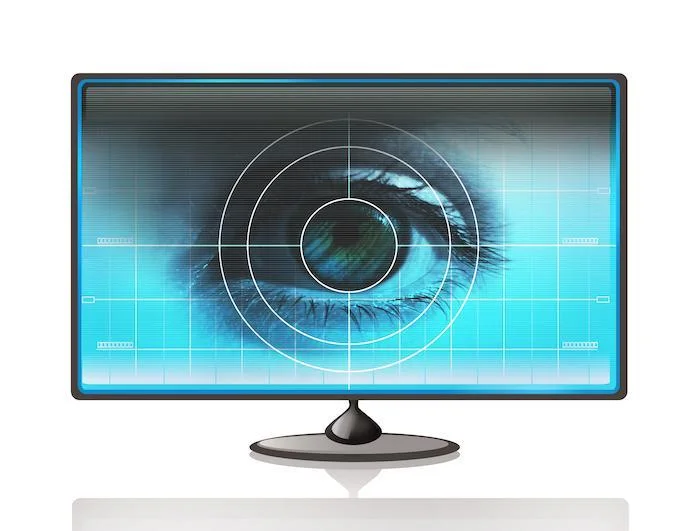Even if you never saw the cringeworthy eye-slicing scene from 1929’s Un Chien Andalou by Luis Bunuel and Salvador Dali, you probably don’t relish the idea of a scalpel on your eyeball. Eye surgery, of course, is sometimes necessary to preserve your sight, and in the hands of an expert, that scalpel can be a miracle worker.
However, all doctors aim to treat and restore health to patients in a way that’s as minimally invasive as possible. Lasers have revolutionized medicine in recent decades, including eye treatment.
Expert ophthalmologist John Ghobrial, MD, offers a number of laser alternatives to traditional eye surgery at Eye Associates of Monmouth in Colts Neck, New Jersey. If you’ve noticed changes in your vision lately, you may be a candidate for eye treatments with lasers.
Replace the clouded lenses of cataracts
If you have a cataract, the lens inside your eye has clouded over, which makes the world look blurry and colorless. Cataract surgery removes the clouded lens through small incisions in the cornea, and then replaces it with an artificial lens — an intraocular lens (IOL) — so you can see more clearly and richly again.
Dr. Ghobrial removes cataracts and replaces the lens either through traditional surgery or with laser eye surgery. He’s certified in femtosecond laser-assisted cataract surgery (FLACS), which allows him to perform the entire procedure with lasers.
As with all laser-assisted procedures, eye surgery performed with lasers is less traumatic for the patient. There’s also a shorter recovery time, less bleeding, and a reduced chance for infection with laser surgeries.
Relieve the pressure of glaucoma
Glaucoma is one of the leading causes of blindness, worldwide. If you have glaucoma, pressure builds up in your eye that can permanently damage your optic nerve.
The only treatment option for glaucoma used to be eye drops that helped reduce the pressure. Today, you may be a candidate for selective laser trabeculoplasty (SLT), which targets specific cells in your eye to reduce the amount of fluid and pressure on the optic nerve. Dr. Ghobrial has expertise in this sight-saving laser surgery.
Halt or reverse macular degeneration
Macular degeneration is an age-related vision problem in which you experience a loss of or reduction in your central vision. If macular degeneration progresses, you may not be able to drive, recognize faces, or read small print. Rarely, it’s a cause of blindness.
In the past, no treatments existed for macular degeneration. Today, injections help preserve the health of blood vessels in the eyes. Sometimes doctors use lasers, too, to reduce the number of abnormal blood vessels that cause vision distortion.
Ditch your eyeglasses with vision correction surgery
Laser-assisted in situ keratomileusis (LASIK) is probably the most famous type of laser eye surgery. About 90% of patients who undergo LASIK have from 20/20 to 20/40 vision after surgery.
During a LASIK procedure, your ophthalmologist reshapes your cornea so it refracts light correctly to your retina. You can use LASIK to correct:
- Nearsightedness (myopia)
- Farsightedness (hyperopia)
- Presbyopia
- Astigmatism
LASIK is a safe way to improve your eyesight. Doctors have performed more than 40 million LASIK procedures worldwide.
You and your ophthalmologist might also consider photorefractive keratectomy (PRK), a predecessor to LASIK. In this procedure, Dr. Ghobrial reshapes your cornea with the laser, after removing a thin outer layer. You may be better suited for PRK if you’re older, have thin corneas, or lead a very active lifestyle.
Remarkable lasers and exceptional care
Blurry or distorted vision is a sign that your eyes need care. Book an eye exam or laser eye surgery today by contacting our friendly team at Eye Associates of Monmouth over the phone or via our online appointment request tool.


